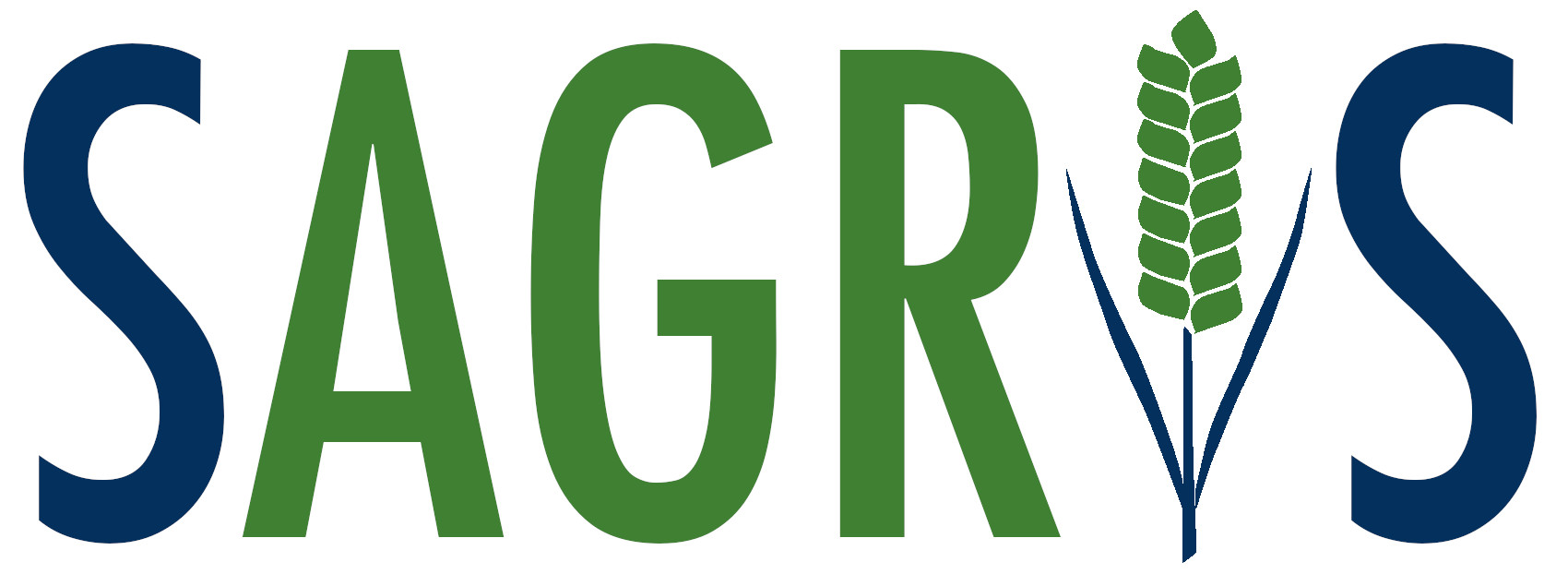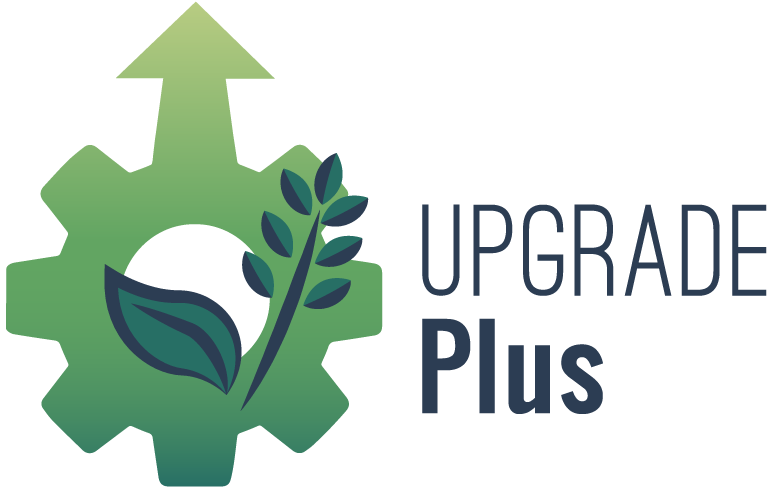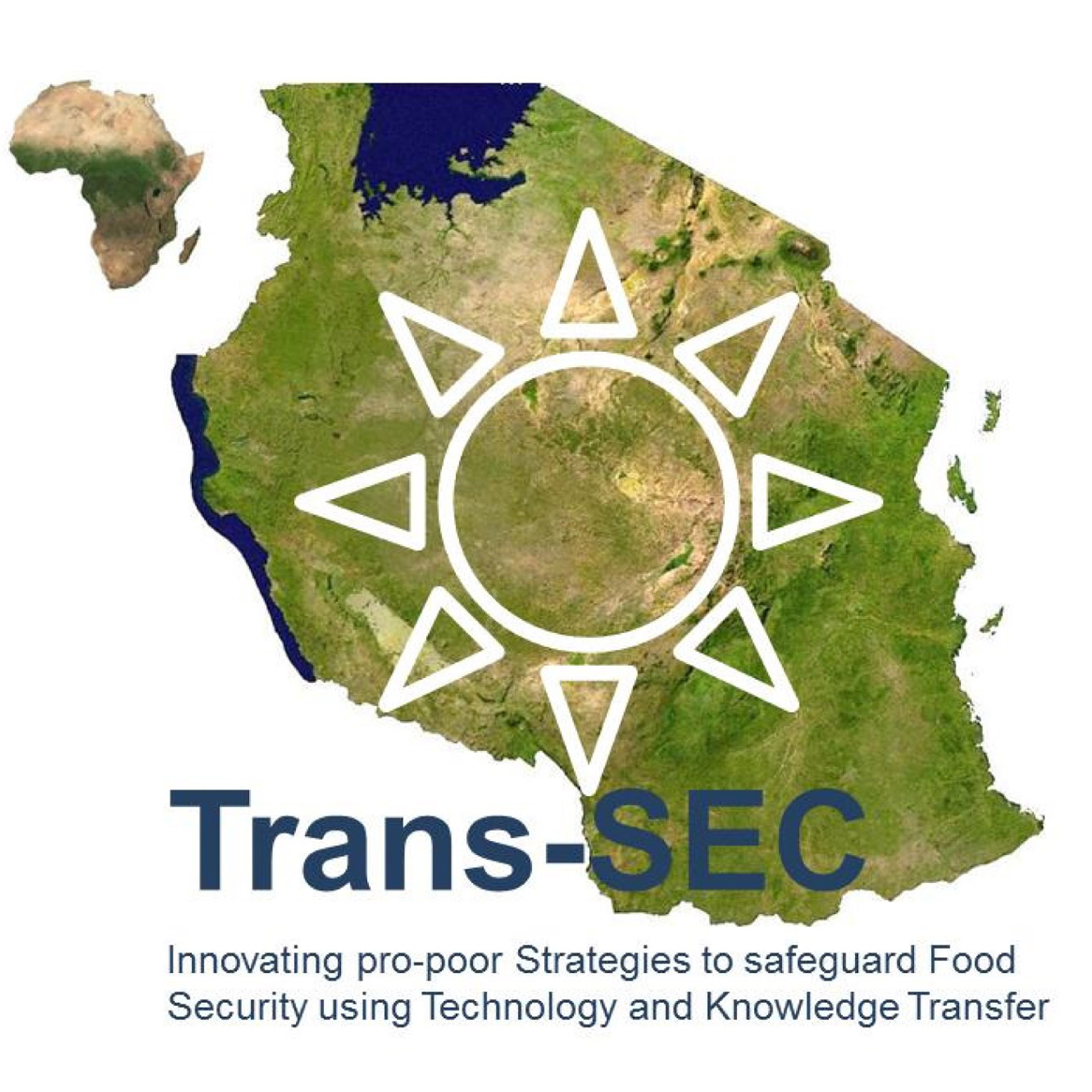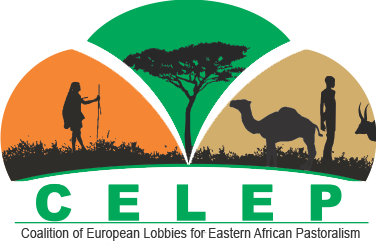Facilitating change – methodologies for collaborative learning with stakeholders
In: Padmanabhan, M. (ed.), Transdisciplinary Research and Sustainability: Collaboration, Innovation and Transformation, pp. 171–190, Routledge Studies in Environment, Culture, and Society, Routledge, Abingdon/New York, https://doi.org/10.4324/9781315441481In this chapter, we propose a way of implementing transdisciplinary research for sustainability that is based on collaborative learning. To start with, we present how learning and collaboration gained importance in our field of practice, which is international agricultural research. Progress made was based on assimilation of knowledge from other scientific disciplines, along with the recognition of the importance of context-related knowledge held by practitioners and other local experts. We describe how a transdisciplinary research process can be organised in seven steps: (1) stakeholder analysis and (2) institutionalisation of the collaboration are used to promote team-building. Knowledge integration through dialogue is directed at (3) arriving at a shared understanding of the problem and (4) agreeing on goals and priorities. This leads on to (5) learning and action to co-create new knowledge and solutions, e.g. by means of joint experiments. The learning cycle is concluded by (6) testing prototypes and new practices and (7) participatory monitoring and evaluation. Hence, application and evaluation of the co-created innovations is conceptualised as an integral part of the research process. Benefits of this approach are effective development of applicable innovations in social-ecological systems and enhanced problem-solving capacities of all involved.






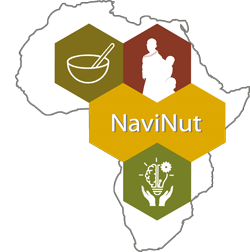 NaviNut
NaviNut